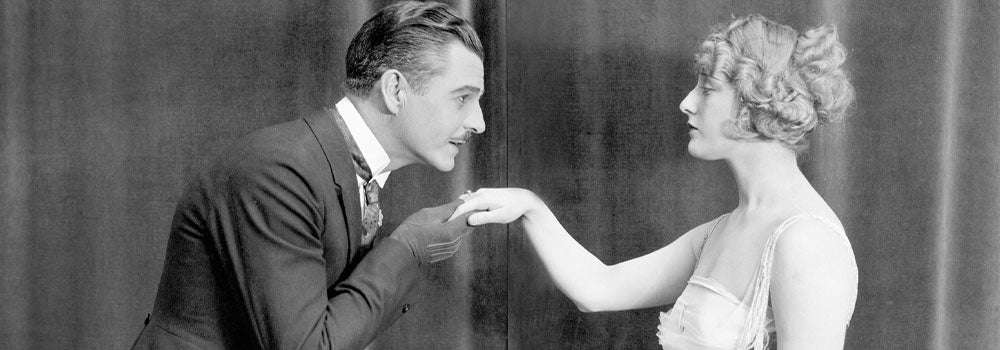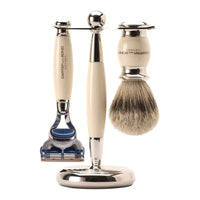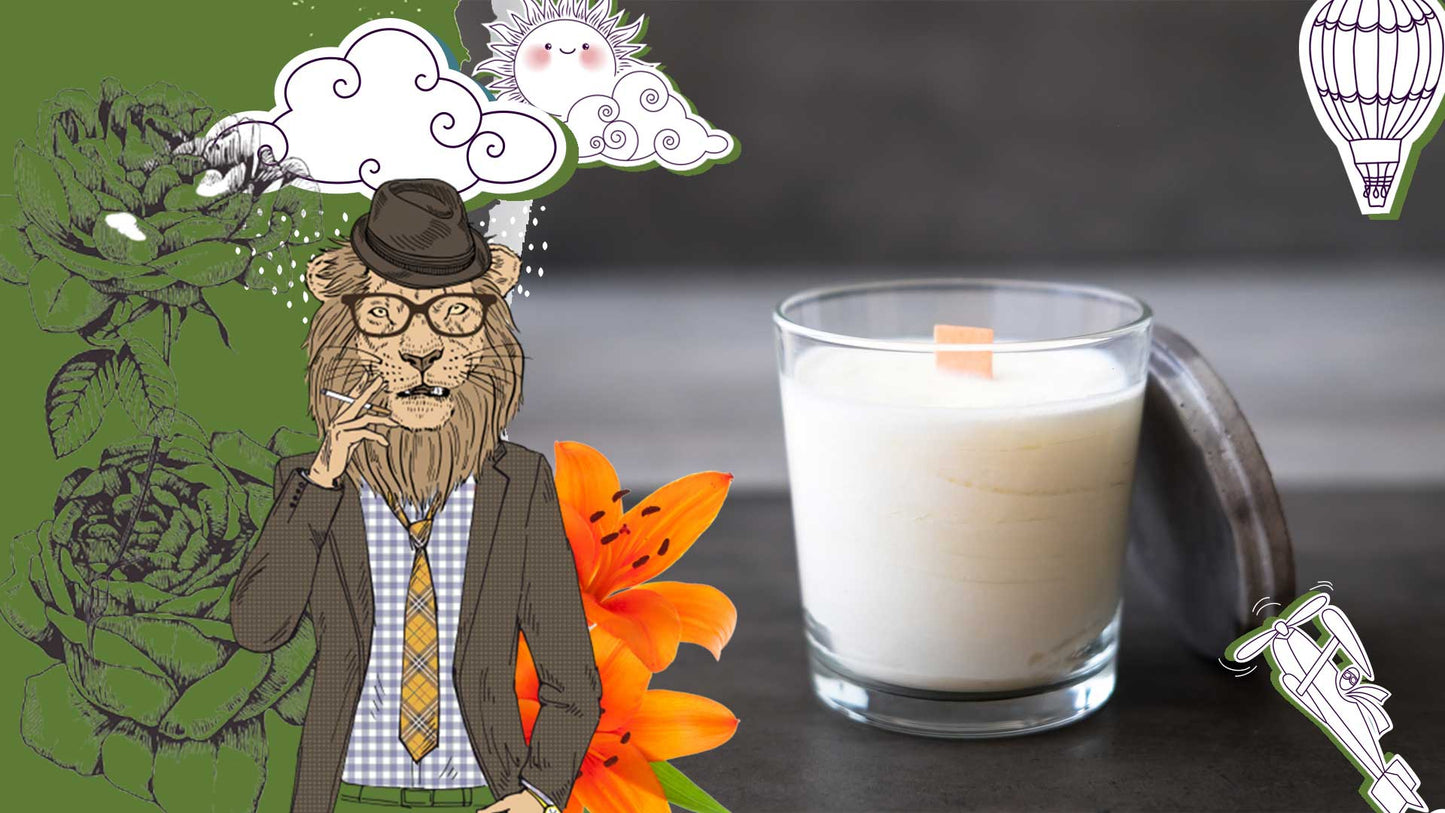Buy your weekday smoothies and get your weekend ones for free. (7 for the price of 5!)

Being a gentleman is an ideal that has been admired and respected throughout history. It encompasses qualities such as politeness, kindness, and chivalry, and is characterised by a sense of self-control, respect for others, and the ability to conduct oneself in a dignified and appropriate manner.
In today's world, where social media and instant gratification dominate, the importance of being a gentleman has arguably never been greater. Not only does being a gentleman help to create a positive image of oneself, but it also helps to create a positive image of society as a whole.
First and foremost, being a gentleman is about treating others with respect and kindness. This means being polite and courteous to everyone, regardless of their background or status. A gentleman always listens attentively, speaks in a calm and measured tone, and does not interrupt when someone else is speaking. They also make sure to be on time for appointments and to apologize if they are running late.
Being a gentleman also means being aware of one's actions and how they may affect others. This means being mindful of one's body language, speech and behaviour in order to communicate clearly, effectively and respectfully. A gentleman never uses derogatory language, never raises his voice and never engages in violent or aggressive behaviour. They also always look for opportunities to compliment or praise people and to build connections
Another important aspect of being a gentleman is being a good role model. A true gentleman is someone who sets an example for others to follow, whether it be through their actions or through their words. They inspire others to be the best version of themselves, and they do this through their own behaviour and example.
Additionally, being a gentleman means being responsible and reliable. A gentleman takes responsibility for his actions, holds himself accountable and is dependable and consistent. They are also punctual and respectful of other people's time. They are also always willing to help others, even if it means making sacrifices or going out of their way.
In today's world, where the media tends to focus on the negative aspects of society, it is important to remember the importance of good manners and etiquette. Being a gentleman is not just about following a set of rules or customs; it is about being a good person, who is kind, respectful, and considerate of others. The world needs more people like that.
In conclusion, being a gentleman is about being a better version of oneself. It's about treating others with respect, kindness and consideration. It is also about being aware of one's actions and being responsible, reliable, and a role model. The world would be a better place if more people strived to be gentlemen and ladies, not just in terms of manners and etiquette, but in terms of character and behaviour.
The Ingredients of a Gentleman
The ingredients of a gentleman can vary depending on one's cultural and personal background. However, some common characteristics that are often associated with being a gentleman include:
- Honesty: A gentleman is truthful and straightforward, and he does not deceive or manipulate others.
- Respect: A gentleman always treats others with respect, regardless of their background or status. He listens attentively, speaks in a calm and measured tone, and does not interrupt when someone else is speaking.
- Good manners: A gentleman is well-mannered, polite, and courteous. He is aware of the customs and conventions of society and adheres to them.
- Chivalry: A gentleman is chivalrous, meaning he is gallant and heroic. He is protective of the weak and vulnerable, and he is ready to defend the honour of others.
- Self-control: A gentleman is able to control his emotions and behaviour, even in difficult or challenging situations.
- Loyalty: A gentleman is loyal to his friends, family, and loved ones. He is also loyal to his country and community.
- Courage: A gentleman is brave, and he is not afraid to stand up for what is right, even when faced with adversity.
- Generosity: A gentleman is generous with his time, money, and resources. He is always willing to help others, even if it means making sacrifices or going out of his way.
- Responsibility: A gentleman takes responsibility for his actions and holds himself accountable. He is dependable and consistent in his behaviour.
- Self-improvement: A gentleman is always striving to be the best version of himself, to learn new things, and to develop his character.
It's worth noting that being a gentleman is not just about following a set of rules or customs, but about embodying the values of honesty, respect, manners, chivalry, self-control, loyalty, courage, generosity, responsibility and self-improvement in one's actions and behaviour, thus being an role model for others to follow.
Being a gentleman can provide many practical benefits, some of which include:
- Positive impact on relationships: Being a gentleman means treating others with respect, kindness, and consideration, which can lead to stronger and more positive relationships. People are more likely to respond positively to someone who is polite, courteous, and well-mannered, which can help to build trust, intimacy, and respect.
- Improved social interactions: good manners and etiquette can help to navigate social situations with ease and grace, making it easier to meet new people, make friends and network.
- Greater success in professional life: Being a gentleman means being dependable, reliable, and responsible, which can be highly valued in the professional world. A gentleman's good manners and etiquette can also help to create a positive impression in professional settings.
- Increased self-esteem: By developing a sense of self-control and being mindful of one's behaviour and how it affects others, one can feel more confident in themselves and their abilities. Also, by standing up for what is right and showing courage in difficult situations, one can develop a sense of self-worth and integrity.
- Improved mental and emotional well-being: Being a gentleman means being aware of one's actions, thoughts, and emotions and learning to manage them in a healthy way, which can lead to improved mental and emotional well-being.
- Setting an example: Being a gentleman means being a good role model, setting an example for others to follow, and inspiring others







































